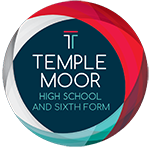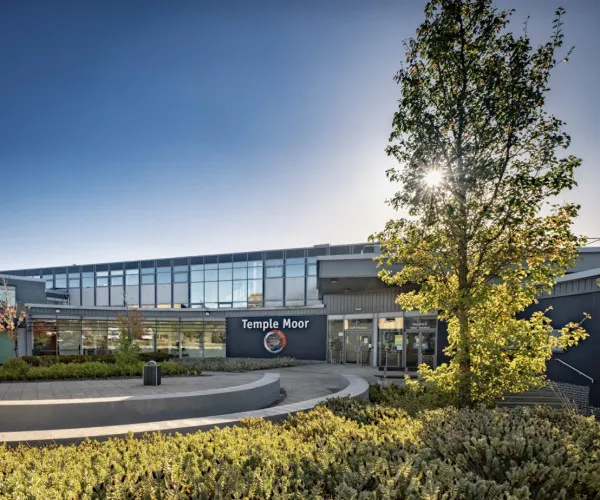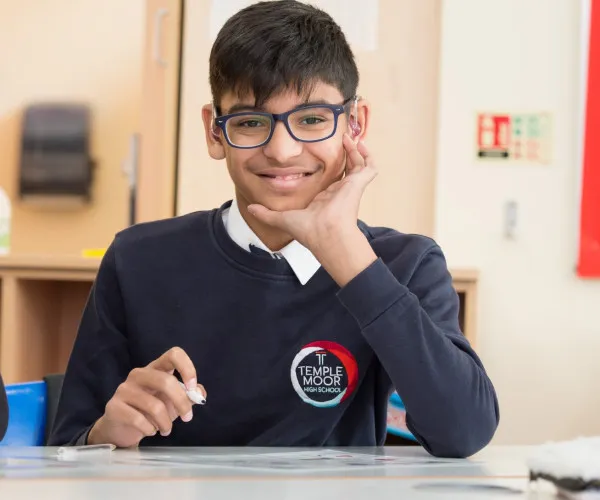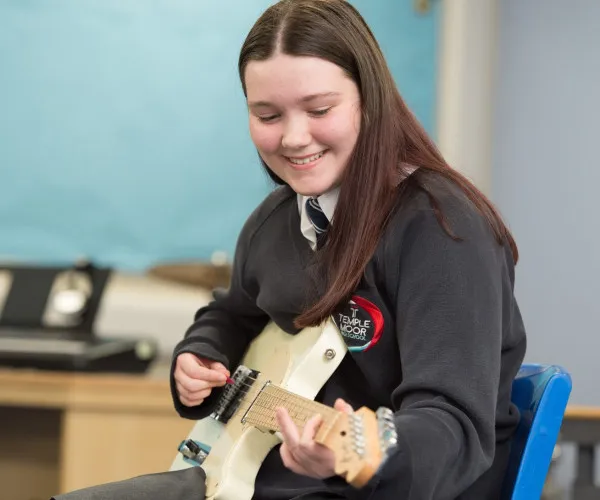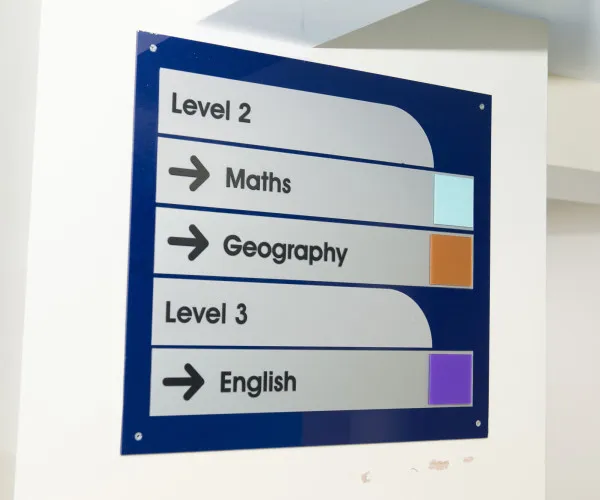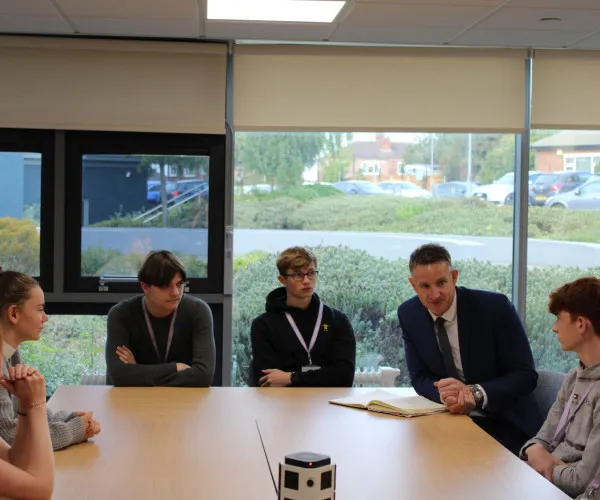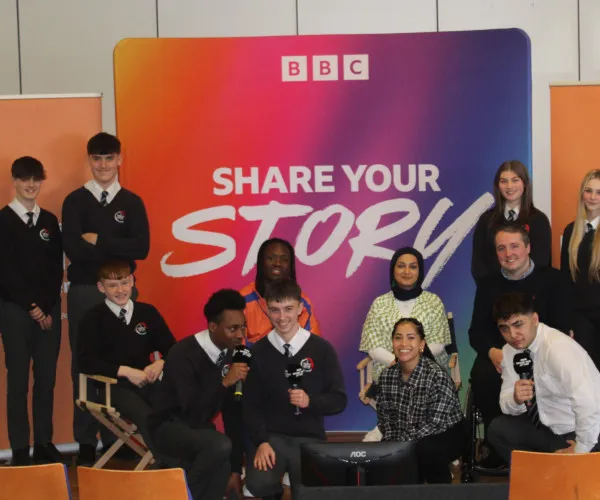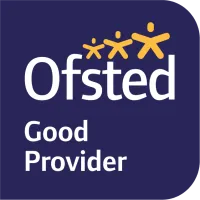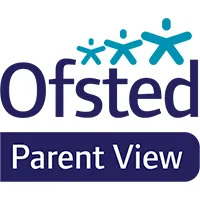- Curriculum
- Assessment
- Form Time
- British Values & Preventing Radicalisation
- Curriculum Subjects
- Art Curriculum
- Business Studies Curriculum
- Communication Curriculum
- Criminology Curriculum
- Design & Technology Curriculum
- English Curriculum
- Geography Curriculum
- Graphic Design Curriculum
- History Curriculum
- ICT Curriculum
- Law Curriculum
- Mathematics Curriculum
- Modern Foreign Languages Curriculum
- Performing Arts Curriculum
- Personal & Character Development
- Photography Curriculum
- Physical Education Curriculum
- Psychology Curriculum
- Read to Succeed
- Religious Education Curriculum
- Science Curriculum
- Sociology Curriculum
- Learning Qualities & Values
- The Options Process
- Supported Study and Revision
Performing Arts Curriculum
Subject aim
Our department vision is to provide an inclusive, engaging and inspiring Performing Arts curriculum that allows all students to be creative learners and to make strong progress throughout each key stage.
The Performing Arts Faculty strive to provide memorable, inspiring and positive experiences within lessons for all students. Through the Performing Arts curriculum, students will have the opportunity to develop their knowledge and understanding of the different disciplines of Music, Dance and Drama, whilst also enhancing transferable skills such as: leadership; confidence; creativity and communication. We are passionate about the importance of the Performance subjects and offer several extra-curricular activities and instrumental lessons to enrich our curriculum provision.
Details about the curriculum structure
Key Stage 3
Our Performance curriculum is set out to ensure that students experience all three disciplines: Music, Dance and Drama. During Key Stage 3, they will develop subject specific techniques for each discipline, as well as transferrable performance competencies to support in other subjects and their future aspirations. Examples include developing students’ confidence in presenting to others, having clear projection of their voice, developing leadership and teamwork that will support them across various situations. They also learn about the context and key stylistic features of a range of genres, which ensures that they progress as a holistic musician/dancer/actor.
Key Stage 4
Students get the opportunity to specialise and study the three disciplines as an option. All three disciplines follow BTEC Tech Award courses. These courses have 3 components, which are studied over the 2 years of Key Stage 4. For each of the disciplines, Component 1 and Component 2 develops students’ knowledge and competencies so that they are fully prepared to complete the external unit in Year 11, which is in the form of an industry based brief that students respond to, in terms of devising/choreography/musical creation of their final performance.
Key Stage 5
We currently offer Music and Dance at Key Stage 5.
During this course, students get the opportunity to further develop their performance skills, whilst also experiencing industry-based units such as managing their own music event and planning a career in the music industry. The course allows students to develop as an independent and creative musician, whilst also embedding the three main areas of performance, composition and understanding of music to ensure that they leave as a holistic musician.
In dance at sixth form, students will be able to develop their skills and techniques through gaining a deeper understanding about a range of dance practitioners and contextual factors of their professional works and repertoire. This course will also allow students to explore and perform choreography using a range of stimulus, choreographic devices and creative intentions.
What will students study?
Key Stage 3
Year 7
Music
Rhythm and Pulse: The importance of a pulse in music and how to notate and compose rhythms in a 4/4 time signature. Students develop awareness of key techniques such as: call and response; layering rhythms and unison.
Melodies (Keyboard Skills):
Building on unit 1, student learn how to read melodies as well as rhythmic notation. Students learn technique of how to play the keyboard effectively.
Samba: The history and context of Samba music, as well as developing whole class ensemble skills. Building on unit 1, students develop their rhythmic technique.
Composing to a Stimulus: Students compose their own music using stimuli to inspire their creative ideas. They experiment with different instrumental sounds, melodic ideas and musical elements to develop their compositions.
Dance
Basic dance actions and parkour: Students learn the basic dance actions, terminology and create their own dances using this knowledge to support.
Superheroes: Students will develop their knowledge and choreography in dance and be able to begin to appreciate dance by analysing movement.
A sporting chance: Students will be introduced to technical skills and more choreographic devices to be able to develop their choreography to a higher level.
Drama
Introduction to Drama and skills: An introduction to what Drama is, the people who help create Drama and the basic skills used in Drama.
Pantomime: Students learn the basics of pantomime and create their own performances using this knowledge.
Shakespeare: An introduction to who Shakespeare is, the words he created and his famous plays, with practical tasks to secure knowledge.
Roald Dahl: Exploring well known characters using drama skills and to start exploring script work.
Haunted school: Exploring melodrama and soundscapes to create a number of short scenes all relating to a haunted school.
Devising to a stimulus: Students will create their own performances from a number of different stimuluses giving them an opportunity to showcase skills they have learnt throughout the year.
Year 8
Music
Blues: Students learn about the history of the Blues and why it is such an influential genre of music. They learn about the different stylistic features of the Blues such as 12 bar blues chord structure; walking bass; and improvisation.
Soundtracks: Students learn about the purpose of music in media such as films. For example, how music can create an emotional response or a connection to a character. They learn about stylistic features of different types of film music and how it can create a specific atmosphere.
Soundtrack composition: Building on topic 2, students compose their own soundtracks, using the skills that they have learnt.
World Music: Students explore music from around the world to show them how different areas of the world have their own styles and the key features of these. Examples include Reggae and African Music.
Dance
Dance around the world: This unit explores dance from different parts of the world, allowing students to create their own dances inspired by different dance styles.
Into the Hoods: Students will create their own choreography based on fairy tales and will explore the choreographic process.
Choreographing to a stimulus: Students will explore a range of stimuli to learn how to show a theme through dance using ASDR and choreographic devices.
Drama
Physical and vocal skills: Students will have an opportunity to recap their basic drama skills and use in practical performances
Elves: Using scripts students will explore how to use characterisation through their drama skills and also start to develop on their ability to learn lines
Persecution: Using real world issues and past events students will focus on producing more serious drama using techniques like freeze frames mime and spoken word
Musicals: An introduction to musical theatre, how drama is specifically used and influences from other jobs such as costume designer
Devising to a stimulus: Students will create their own performances from a number of different stimuluses giving them an opportunity to showcase skills they have learnt throughout the year
Year 9
Performance
Musicals– students will study scripts, dance repertoire and instrumental/vocal music from a chosen musical.
Practitioners– students will develop their knowledge of different dance, drama and music practitioners looking at key techniques and elements of their work.
Devising Drama, Choreographing Dance and Creating Music– students will use a brief to choreograph, devise or create their own performance.
Key Stage 4
Year 10
Students can opt to continue BTEC Tech Award in Performing Arts (both the Dance and Drama route). In Year 10, students complete Component 1 – Exploring the Performing Arts. Students explore different genres of Dance/Drama and different practitioners, demonstrating understanding practically and theoretically. They also study Component 2 – Developing Skills and Techniques in the Performing Arts. For this, students develop their individual competencies over a series of practical sessions and reflect on their progress throughout.
In BTEC Tech Award in Music Practice, students complete Component 1 – Exploring Musical Products and Styles. During this, students experience different genres of music, demonstrating understanding practically and theoretically. They also study Component 2 – Music Skills Development, in which they develop their competencies over a series of practical sessions and reflect on their progress throughout.
Year 11
Students complete Component 3 for their BTEC Tech Award in Performing Arts and BTEC Tech Award in Music Practice. This is a 40% externally assessed unit.
For this component, students must respond to an externally set, industry-based brief. They will form their initial ideas, begin the creative process through practical exploration, review progress, perform to an audience and reflect on their final product.
Key Stage 5
Year 12
In Music, students complete two optional units in their first year of 6th form. These are Improving Instrumental Performance, where students decide on specific targets to improve upon, and Preparing for an Audition, where students prepare repertoire and experience the process of a professional audition.
Towards the end of Year 12, students begin their Music Events Management unit. For this, the students must organise their own music event as a team and assign specific roles to each member such as finance manager or promotional manager.
Year 13
In Music, students complete their Music Events Management unit during half term 1. They then complete their final 2 core units. The first relates to Planning a Career in the Music Industry, in which students must decide on two potential careers that interest them and research these before completing a skills audit and progression plan into these careers. The second relates to students working to a brief to create a final performance with productive and effective rehearsals leading up to this.
In dance, students complete two units in their first year of sixth form. One of these units is investigating practitioners work, where students will gain and understanding of a range of practitioners and their contextual factors for their professional works. The second unit is developing skills and techniques for live performance, this is where students will learn repertoires from set pieces of professional works.
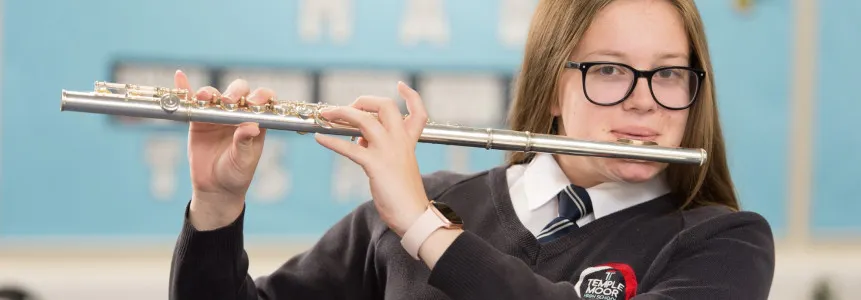
Qualifications which we offer at KS4 and KS5 (including links)
Key Stage 4
Key Stage 5
Enrichment and extra-curricular opportunities in the subject
We are proud of the opportunities that we offer our young people in the extended curriculum. We have weekly peripatetic lessons on a range of instruments, taught by specialist teachers.
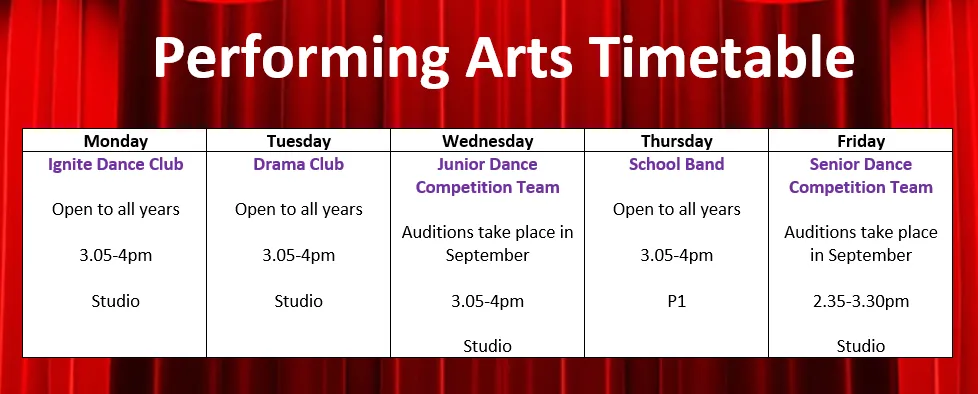
Where could this subject ultimately take you?
The three disciplines of Performance can lead to a variety of careers that are linked explicitly to the subject or a career that is enhanced by the transferable skills that these courses develop. Examples include:
- Musician
- Actor
- Dancer
- Choreographer
- Composer
- Director
- Technician
- Teacher
- Broadcaster
- Stage Manager
- Journalist
- Lecturer
- Events Manager
- Booking Agent
- Community Worker
- Lawyer
- Writer
- Social Worker
- PR/Marketing/Promotion
Links to other sites which support study in our subject
Contact details to find out more about our curriculum
- Curriculum
- Assessment
- Form Time
- British Values & Preventing Radicalisation
- Curriculum Subjects
- Art Curriculum
- Business Studies Curriculum
- Communication Curriculum
- Criminology Curriculum
- Design & Technology Curriculum
- English Curriculum
- Geography Curriculum
- Graphic Design Curriculum
- History Curriculum
- ICT Curriculum
- Law Curriculum
- Mathematics Curriculum
- Modern Foreign Languages Curriculum
- Performing Arts Curriculum
- Personal & Character Development
- Photography Curriculum
- Physical Education Curriculum
- Psychology Curriculum
- Read to Succeed
- Religious Education Curriculum
- Science Curriculum
- Sociology Curriculum
- Learning Qualities & Values
- The Options Process
- Supported Study and Revision
